Member Directory,
1847 - 1922
William Reed Huntington
Clergyman/Author
Centurion, 1886–1909
Stephen P. Nash and W. C. Schermerhorn
Lowell, Massachusetts
Nahant, Massachusetts
Age forty-seven
Cambridge, Massachusetts
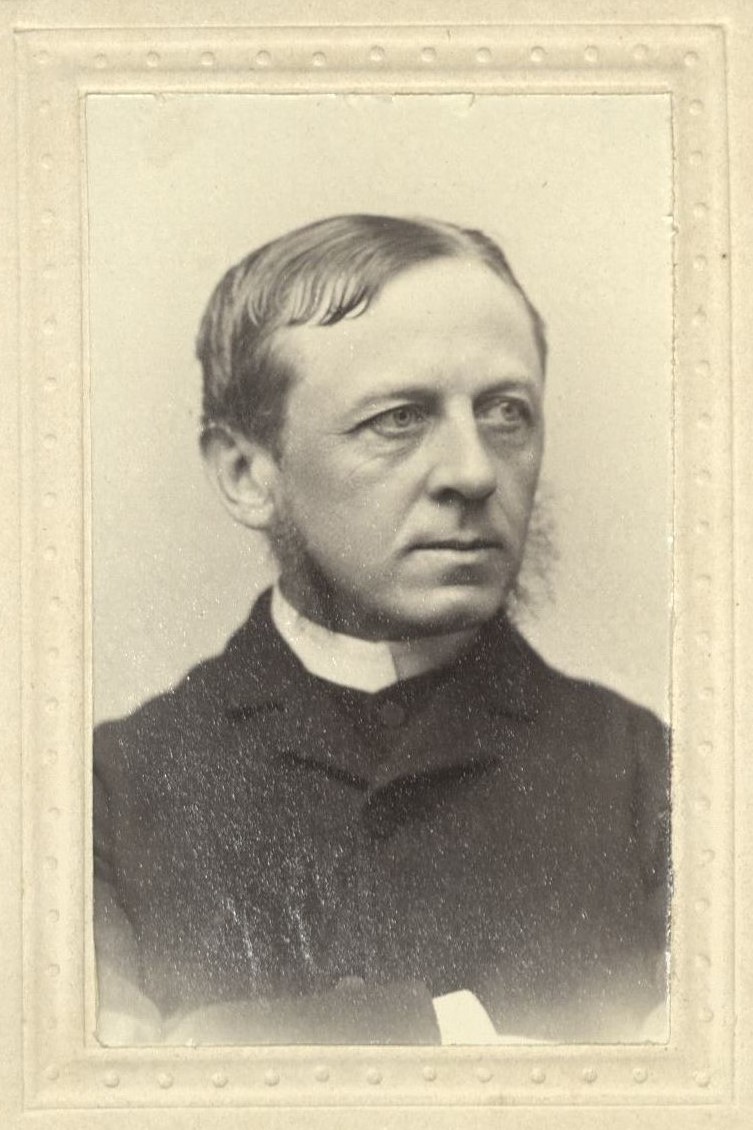
Archivist’s Notes
Father of Francis C. Huntington; grandfather of William Reed Huntington
Century Memorial
William Reed Huntington had been of our number for twenty-three years when taken to his reward at seventy-one years of age [sic: seventy]. He was really one of us, in heart and soul, for his life was such that every Centurion recognizes in it the fulfilment of at least some of his own ideals. Such completeness and symmetry of parts is rare indeed. He was a Christian minister at every moment, but he was likewise an able administrator of an institutional church with vast pecuniary resources. He had a passion for the higher life of the soul here and hereafter, yet he knew the fine arts as a connoisseur, and belles lettres as both amateur and contributor, his poetic power being evinced alike in prose and verse; he showed the due diligence and loving devotion of a father in his domestic life, yet in public life he seemed to give the whole of himself, his wisdom, his dignity, his temperance, his firmness. The authority of his high calling he felt and exhibited in every relation; and his courage, physical, mental and moral, was an inspiration.
He was born in Massachusetts, graduated from Harvard, studied divinity, served in Boston for two years, in Worcester for twenty-one, and at Grace Church for twenty-five, a career of single-minded devotion lasting not far from half a century. He might have been a bishop, but his gifts were for the fighting line rather than the headquarters. He was heart and soul of his own church, but he had a catholic spirit and comprehensive appreciation. The Hebrews of New York knew and admired the boldness with which he attacked wrong, even in Russia, and joined in a tribute to his memory. Yet week after week and year after year he delivered his simple message, confident of the Kingdom without accessories, pomps, or accommodations; and congregations of the critical sort thronged his pews to hear him. He knew no sliding scale of faith or morals: things were right or wrong. The world was growing better, the march of life was joyous and upward; he spoke his message, headed his company, comforted the weak and rebuked the froward. His race was that of the prophets.
He had honors from four great Universities, yet he showed no superciliousness; he was backed by an enthusiastic, powerful church, yet he was as meek as the weakest; when money was showered on him he gave it for pensions to his worn fellow workers.
In city life and work the activities of his corporation were the dismay of radical agitators, for here was a church open and free except for a few hours, daily at that; here were services for the immigrant, in foreign tongues where necessary, instruction for the young, education for those engaged in the services, home and foreign mission work, the care of infants, nurses’ settlements, neighborhood visitation, the ministration to prisoners, industrial training and employment offices, friendly societies, reading rooms, libraries, even social entertainments. All this was not bestowed as a boon on the recipients but as their Christian right; no one in his parish knew the humiliation of charity. Such is the power of organization and sympathy. But Dr. Huntington had insight to realize the need for church unity in the struggle for mastery over radicalism, over indifference, over active malevolence. If Samuel did not hew Agag in pieces, Agag would hew Samuel. Hence his zeal for Church unity, his long persuasive campaign for the union of Christendom, a field where his qualities shone brightest.
Among his fellow Centurions Dr. Huntington was a personage, a stimulating talker, an appreciative listener, a helpful adviser; one of the friends whose friendship is like brotherly love.
William Milligan Sloane
1910 Century Association Yearbook
Related Members
Member Directory Home-
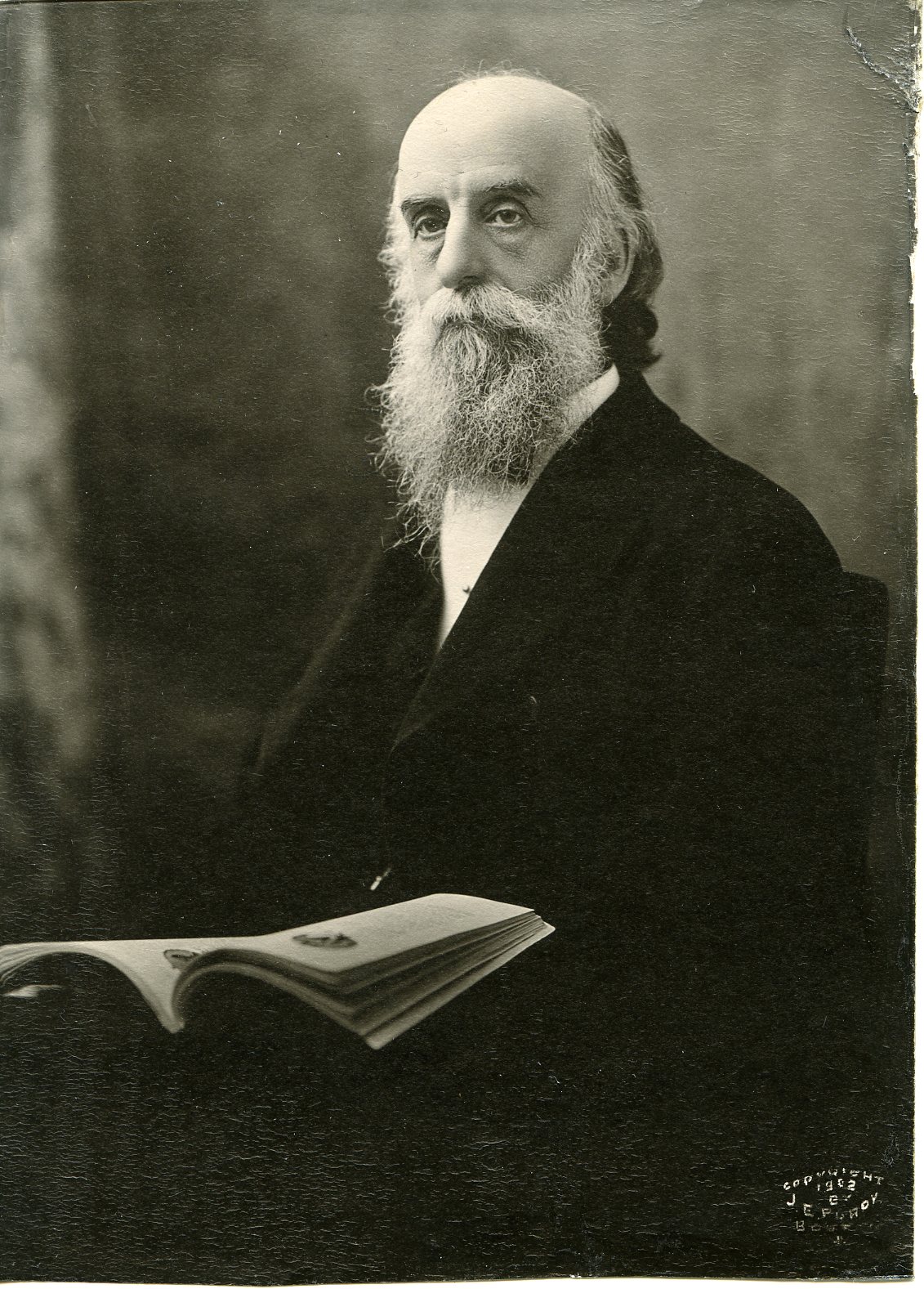 Lyman AbbottEditor, The OutlookCenturion, 1907–1922
Lyman AbbottEditor, The OutlookCenturion, 1907–1922 -
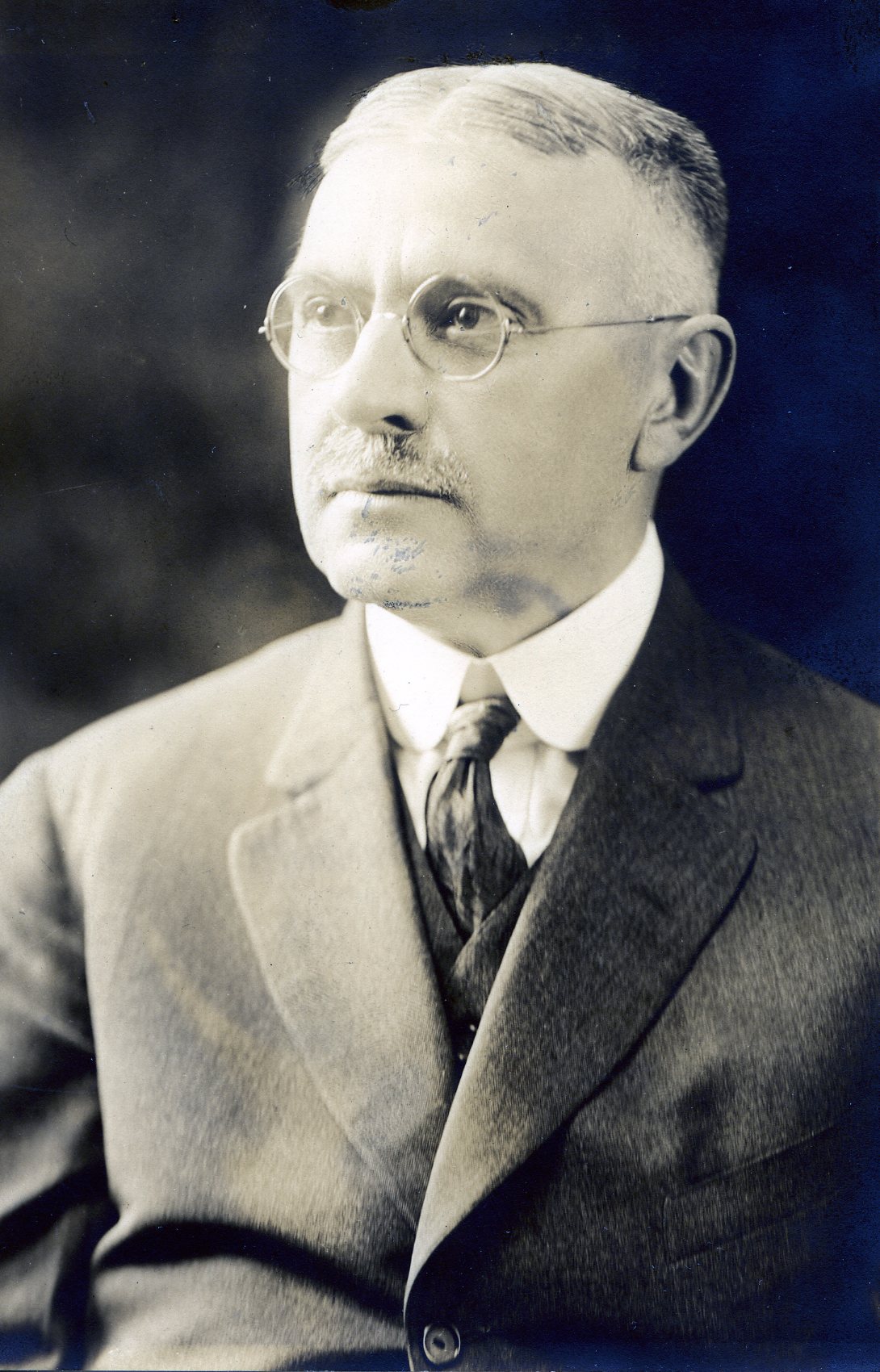 Loring W. BattenRector, St. Mark's in the BoweryCenturion, 1901–1946
Loring W. BattenRector, St. Mark's in the BoweryCenturion, 1901–1946 -
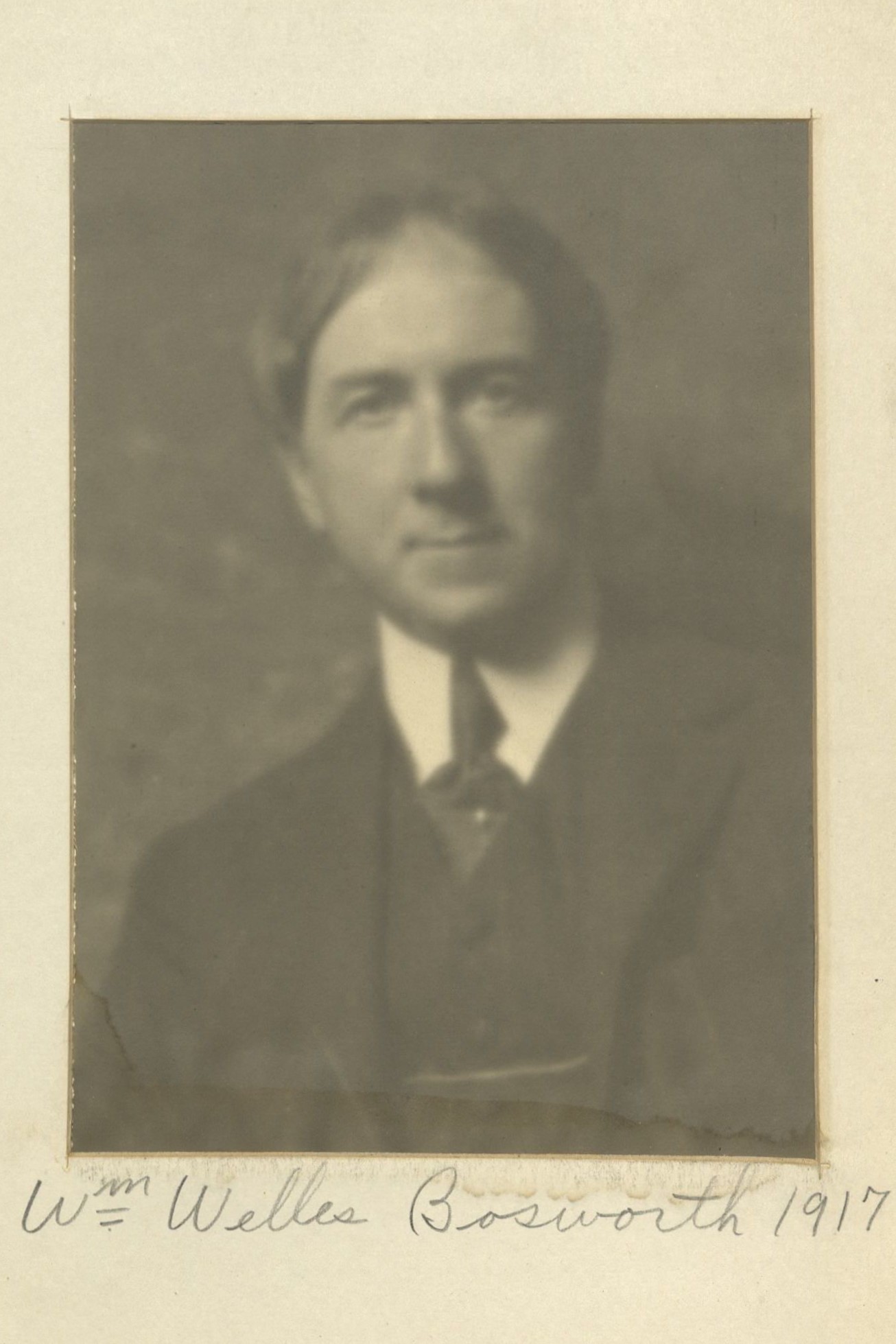 Welles BosworthArchitectCenturion, 1902–1966
Welles BosworthArchitectCenturion, 1902–1966 -
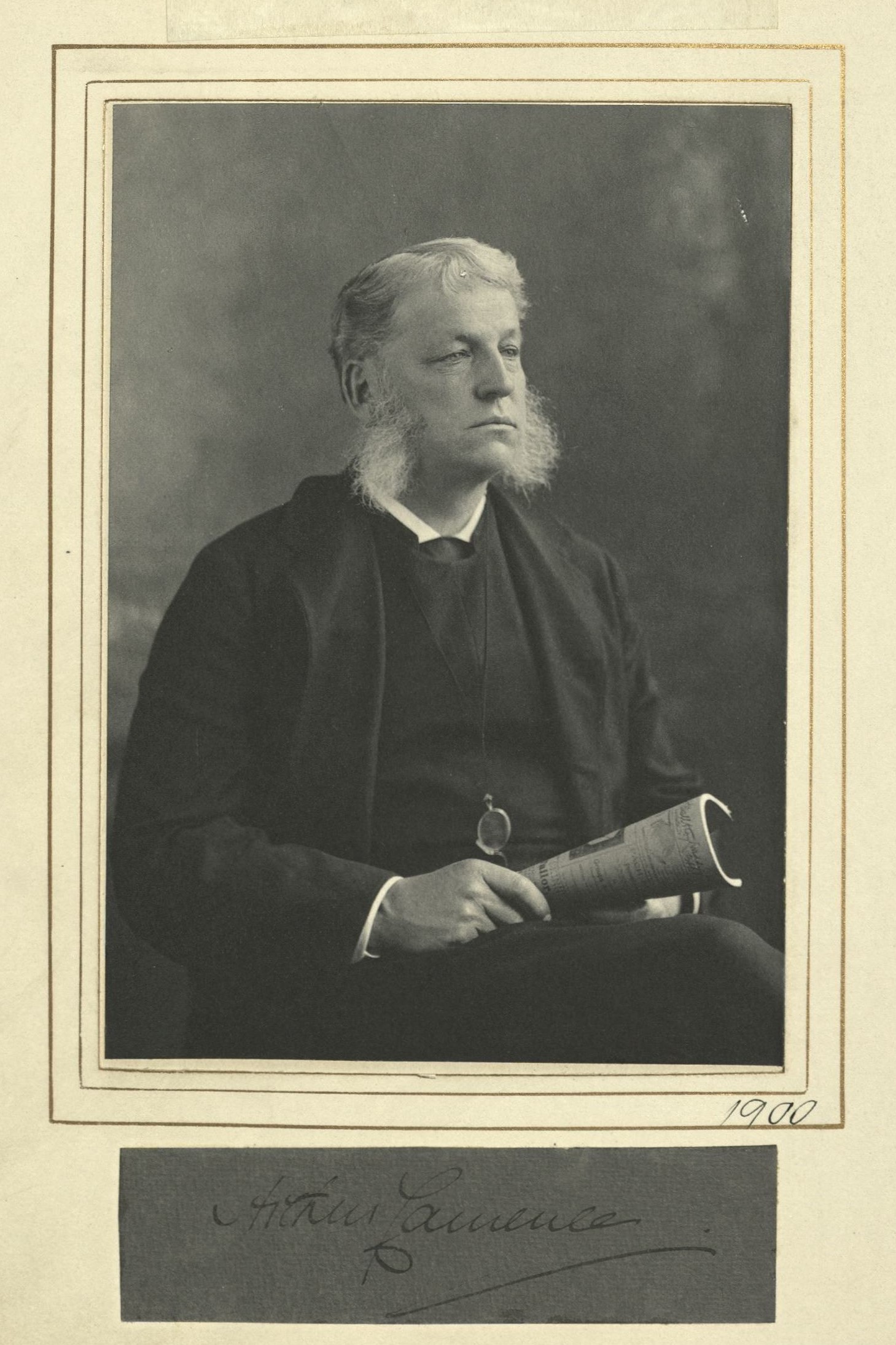 Arthur LawrenceClergymanCenturion, 1900–1909
Arthur LawrenceClergymanCenturion, 1900–1909 -
 Brockholst MorganClergymanCenturion, 1893–1900
Brockholst MorganClergymanCenturion, 1893–1900 -
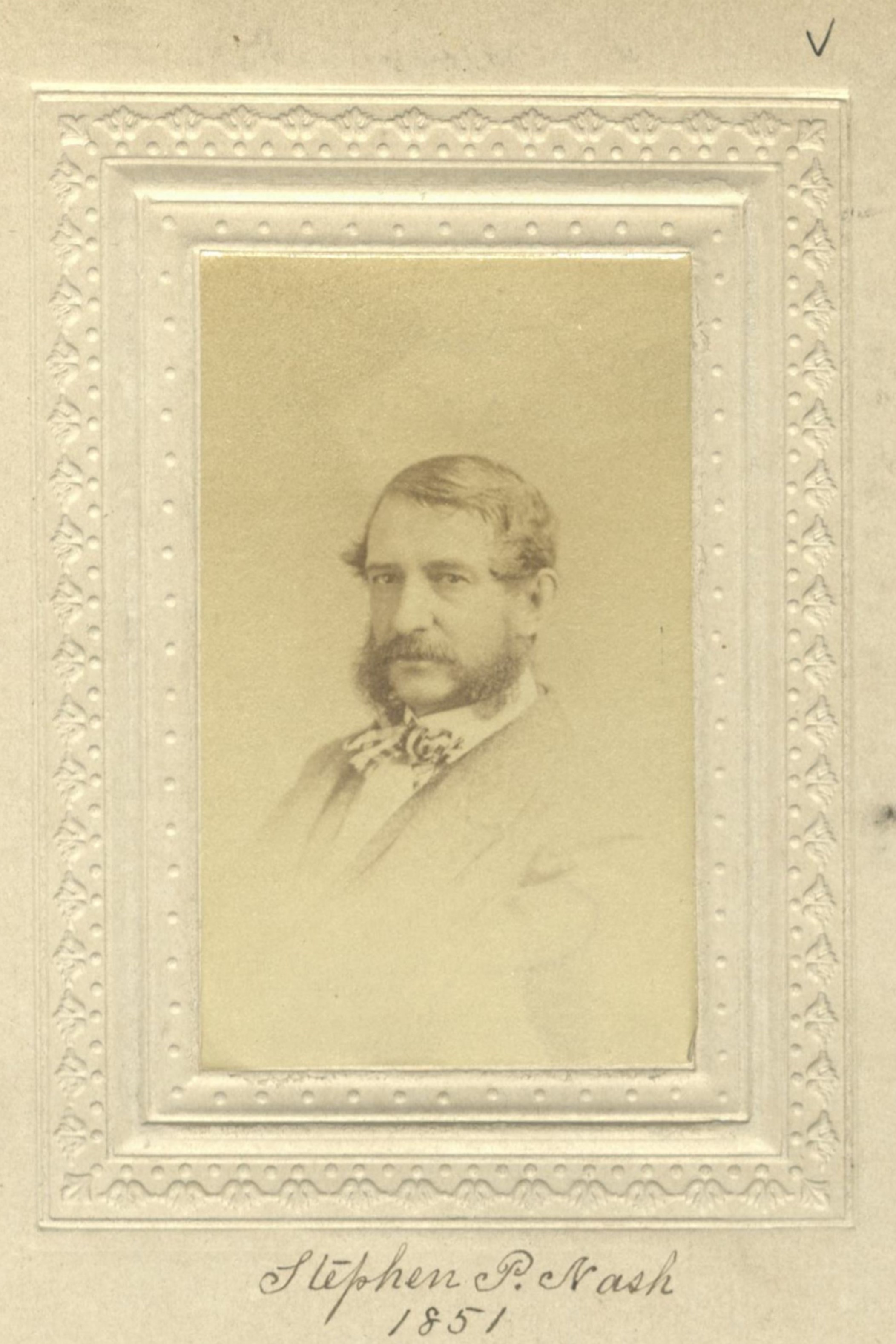 Stephen P. NashLawyerCenturion, 1851–1898
Stephen P. NashLawyerCenturion, 1851–1898 -
 Edward C. SampsonMerchant (Oilcloth)Centurion, 1890–1916
Edward C. SampsonMerchant (Oilcloth)Centurion, 1890–1916 -
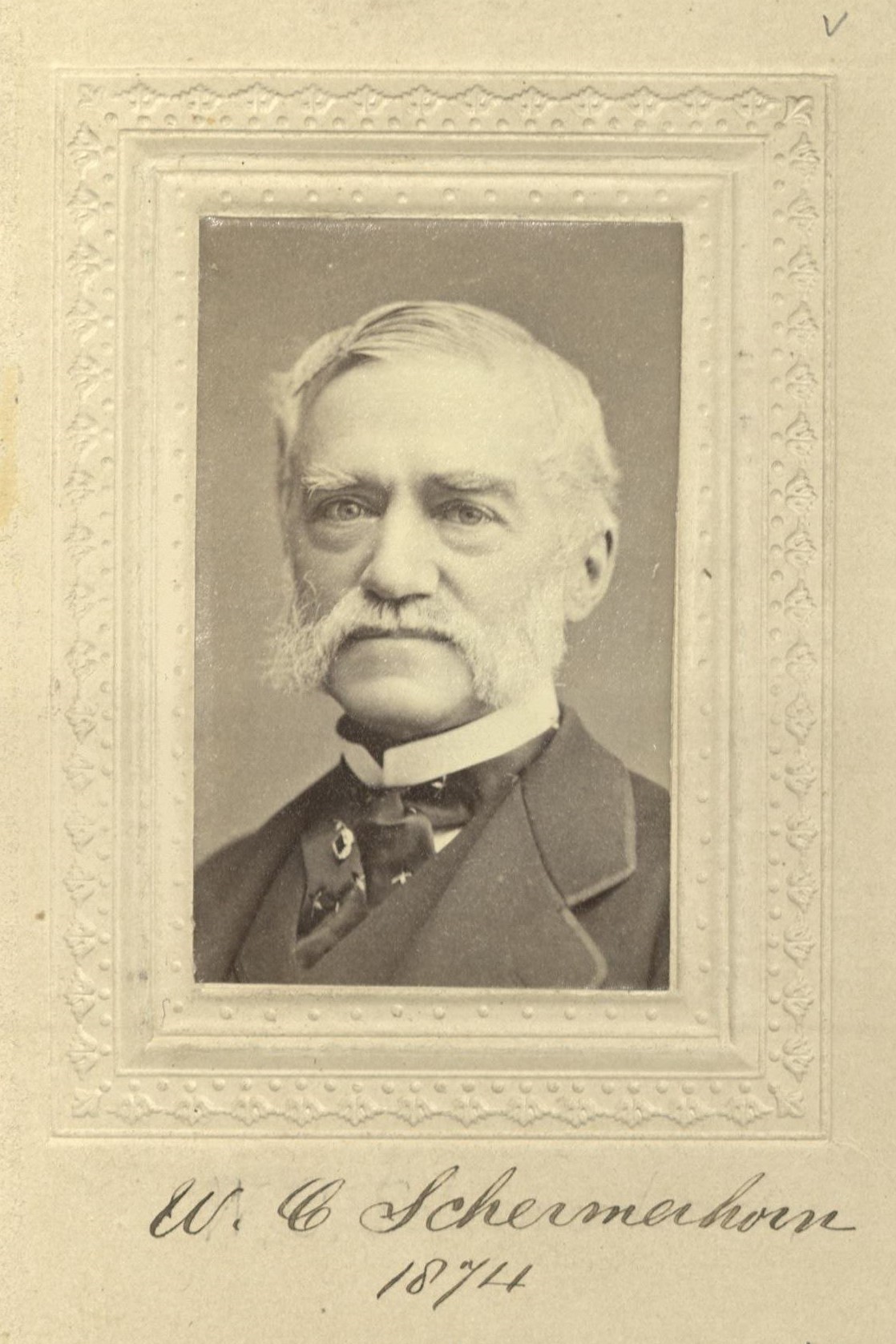 W. C. SchermerhornTrusteeCenturion, 1874–1903
W. C. SchermerhornTrusteeCenturion, 1874–1903






